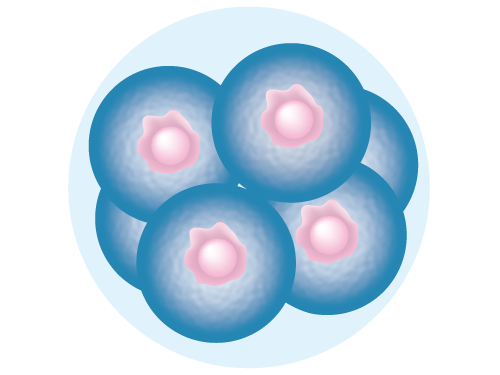Aggregated News

For generations, the Yu family of Shanghai has suffered from type 2 diabetes. But this summer, as reported in the China Daily, the family welcomed a baby with a better chance of avoiding this disease.
These rosier prospects are the result of a recent breakthrough in assisted reproduction that was advanced with the help of Israeli scientists, called preimplantation genetic testing for polygenic diseases (PGT-P). In addition to China, PGT-P is also gaining ground among couples in the United States who wish to improve health outcomes for their future children. But in Israel, it is illegal.
PGT-P is carried out on an embryo during in vitro fertilization (IVF), prior to its transfer from the Petri dish to the womb. Viable embryos with the probable lowest disease risk can then be selected for implantation.
Since this innovative testing takes into account a complex combination of factors that are not broached in more traditional testing, in some ways it’s almost like an educated guess. Accordingly, polygenic screening is not a diagnosis: It is a prediction of relative future risk compared to other...



